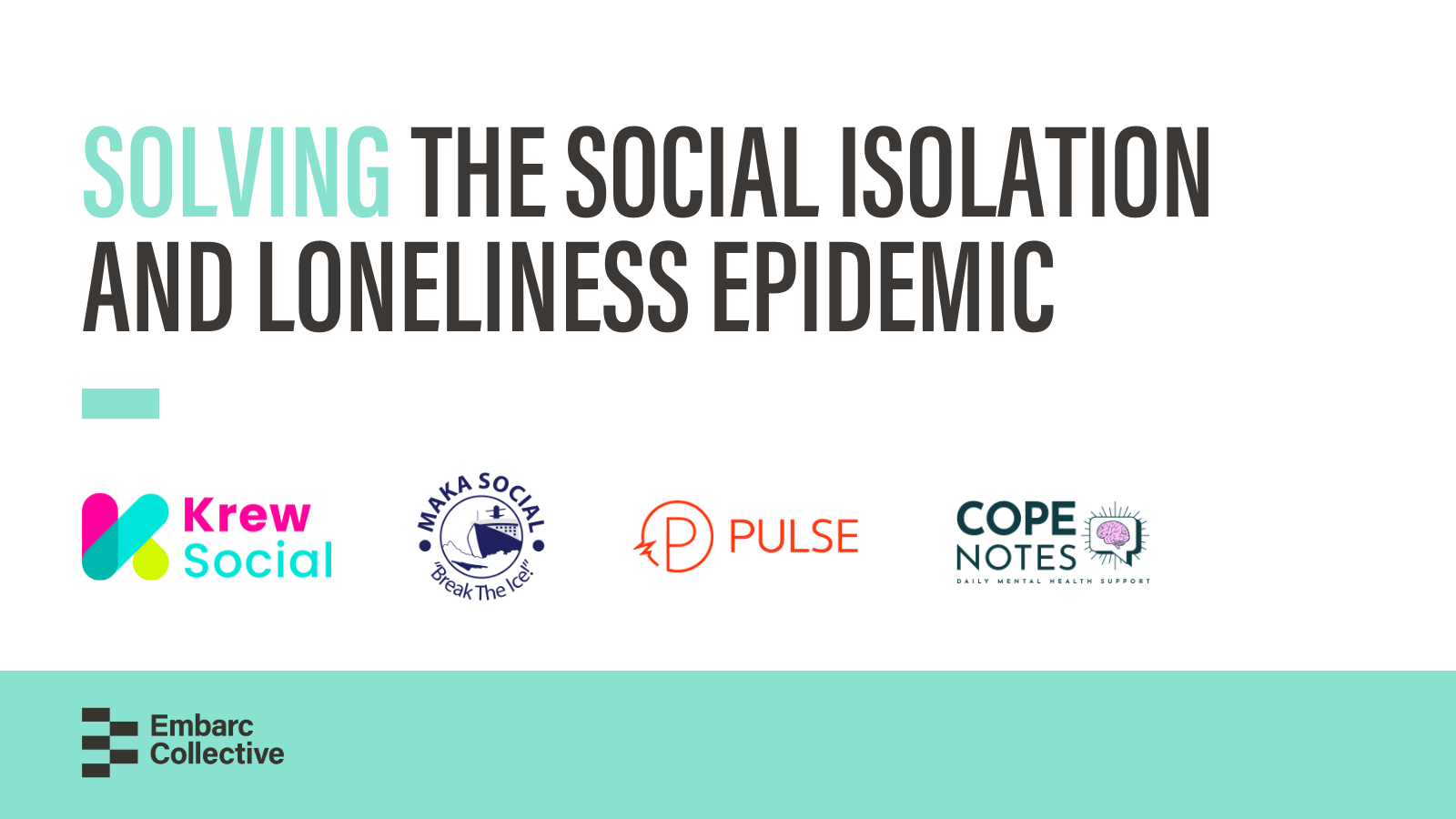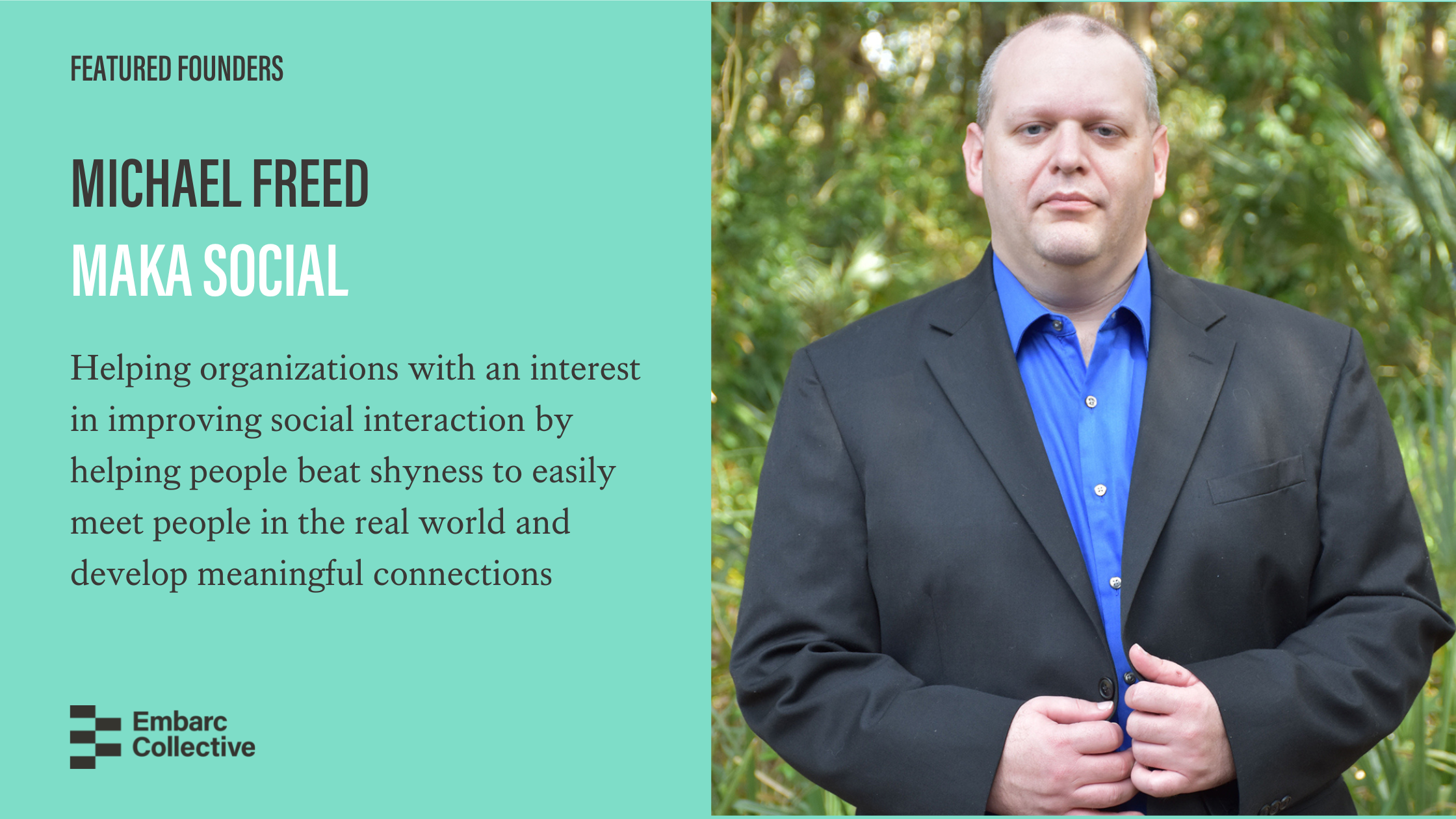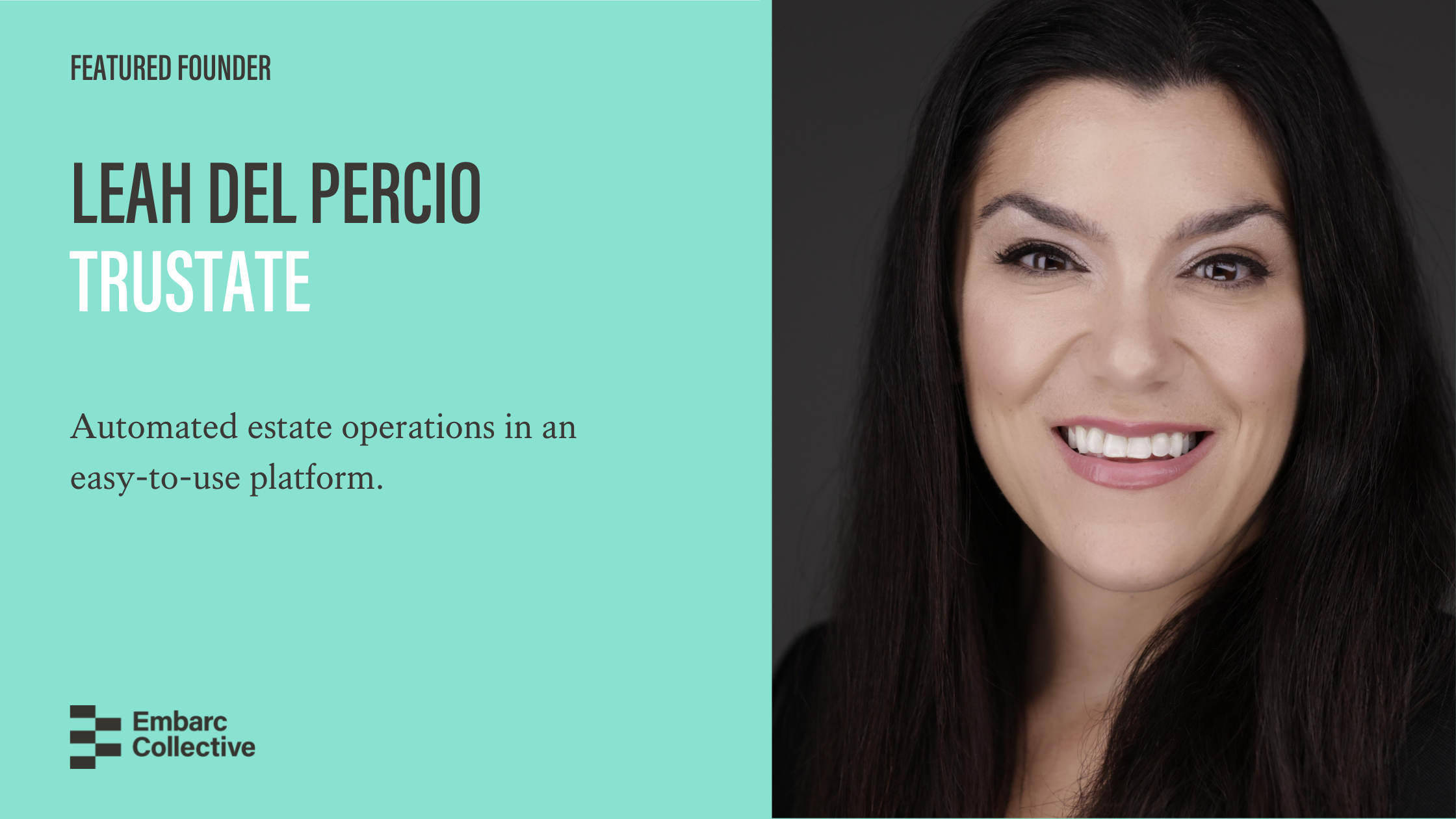What were you doing previously and what inspired you to launch your company?
My background is actually as a lawyer. Prior to launching Trustate, I had a successful Trust and Estate practice at DLA Piper, and also had some corporate stints at firms like Goldman Sachs and JP Morgan in NY. In the latter part of my career in private practice, I almost exclusively represented ultra-high net worth clients on all aspects of estate planning, business formation, succession planning, and complex tax issues, but also had a multi-jurisdictional estate administration practice as well.
For those readers who might not know what that means, estate administration is the process of settling the affairs of someone after they pass away and ultimately distributing assets to beneficiaries. It was that administration part of the business that ultimately inspired me to launch Trustate. My practice primarily consisted of working on large estates where the client would pay us to do literally everything. Not just the legal work, but ALL of the administrative tasks that need to be completed after someone passes away. Canceling credit cards, closing the cable bill, making sure the security system was up and running on the summer house. Because of their wealth, they were able to tolerate astronomical legal fees, often climbing to 6 figures a month for us to provide that service.
What amazed me was that clients never once complained about the large fees because of the tremendous value that we were providing. We gave them space to grieve and to be with their families rather than be bogged down in piles of paperwork and administrative nightmares. It got me thinking about what the average person does in this situation. To find out, I spent time talking to executors, lawyers, and wealth managers, identified their pain points, and learned that the average person spends over 500 hours of time, and over $40K in fees to settle the estate of a loved one, regardless of the decedent’s net worth or whether or not they had a will. There are limited resources available to help them, so they often look to their trusted advisors for help (lawyers/wealth managers/accountants). Those advisors aren’t equipped to adequately assist, and it becomes a terrible experience for everyone involved. I knew there had to be a better way and that given the bulk of the tasks in an estate administration are just that, administrative, and figured I could build technology to automate the 120+ tasks that the average executor must complete on behalf of a deceased loved one.
I knew there was a massive need, but giving up a high-paying job on a track to partner, in the middle of a pandemic, wasn’t an easy decision. What gave me the confidence ultimately launch Trustate and take the leap was being a working mom. I had two young kids, a 2-year-old and a newborn, was working in big law full-time and getting my tax LL.M. from Georgetown at night. It made me realize just how much I could juggle. So fast forward a year and a half; we have an incredible team, recently closed a successful venture round with some amazing partners that share our vision, and have been able to build technology that is helping institutions like law firms save their clients over 400 hours of time, reduce malpractice risk, and save them thousands of dollars in non-billable time.
What pain point is your company solving? What gets you excited to go to work every day?
After someone passes away, the loss extends well beyond the grieving family members. Aside from the emotional toll it takes on those directly impacted (which usually includes the executor/personal representative), there are also dozens of business stakeholders faced with financial loss and business disruption issues (law firms, financial institutions). Every institution that the deceased person had a relationship with now becomes a stakeholder in the process, and none of them are equipped to effectively and efficiently manage the process in a way that adds value. In fact, it’s almost unilaterally a source of loss for institutions. Financial loss, account loss, reputational loss. Trustate is using our technology and expertise to solve these problems for all stakeholders simultaneously. By providing tools that these institutions can use to help their clients, everyone wins. Businesses can now provide value to their clients where they historically couldn’t, turning a point of loss into a massive opportunity for revenue growth, reduced overhead cost, operational efficiency, and enhanced client service. And they do so by easing the burden, both financially and emotionally, on the grieving family so it’s a win/win all around.
Name the biggest challenge you faced in the process of launching the company. How did you overcome it?
The biggest challenge for me was making perfect decisions with imperfect information. Being a lawyer by trade means that I have been programmed to inherently focus on “what if’s” and risk mitigation. It’s about thinking through every conceivable scenario and then planning accordingly. In business, and ESPECIALLY at a startup, you are making hundreds of decisions a day, and nearly every one of them is based on imperfect information. Innovation, by its very nature, is about doing things no one has ever done before. Leaving the comfort zone of how I thought about risk was incredibly difficult. I was forced to learn, in real-time, that the worst-case scenario is rarely as bad as you imagine it being and I’m super fortunate to have an incredible co-founder that balances me and complements my skillset. My trust in her and in our team has helped me to grow as a leader and think about things on a risk-adjusted return basis rather than purely based on the “what if” downside scenario. The result is that I can now look at my decision-making process in a much more balanced way that I think benefits the business.
Where do you see your company headed next?
I think the sky is the limit here. We are solving an incredibly complex and difficult problem, but it’s also a problem that affects so many businesses and the clients they serve. Every single person, regardless of wealth or social status, will go through this at some point in their life, and every lawyer, wealth manager, and decedent processing group at every institution is affected. Our first goal is to give these trusted advisors the tools they need to be able to literally close their client’s estate at the click of a button.
As a B2B SaaS company, we are laser-focused on providing the tools and infrastructure that our clients need to more effectively (and profitably) serve their underlying clients. Our early clients have been some of our biggest cheerleaders, and have really helped validate just how much value they see in our tools.
We have big aspirations for Trustate and go to work every day focused on delivering exceptional client service and never losing sight of our core values. Culture and team are everything, and I would be nowhere without my team. They are the lifeblood of the business and I believe that if we take care of our employees, our employees will in turn take care of our customers, and then everything else will take care of itself. If we keep that as our “true north,” stay humble, and focus on execution, I don’t see why we couldn’t ultimately be in a position to settle every estate in the world at the click of a button.
Give us a tactical piece of advice that you’d share with another founder just starting out.
I have 2 pieces of advice. 1) Learn to strike the balance of learning from others who have come before you but knowing when to trust your instincts. There are no shortcuts in life and running a startup is no different. Know what you know, know you don’t, and stay in your lane. When you don’t know something, find someone who does. That said, it’s important to be able to filter real advice and guidance from noise. Everyone has an opinion and people will constantly tell you why something will never work or what you are doing wrong. Take it with a grain of salt. Everyone in the world knows something you don’t. Find out what it is. But at the end of the day, you know yourself, your business, and your market better than anyone. Listen to the guidance of others, but trust in yourself and in your decisions.
The second, and most important, is to empower your team. True leadership is getting other people to do what you want them to do BECAUSE they want to do it. You can only achieve that by lifting them up, making sure their voices are heard and putting them in positions to be successful. Be the last one to speak and even if you disagree with your team, it’s infinitely more impactful to allow them to make mistakes that they can learn from than to not let them make mistakes at all. Make sure your team gets credit for a job well done. Your job is to protect your team.
Why Tampa Bay?
It’s interesting. We ended up in Tampa somewhat by accident. We have family in the area, although not in Tampa proper, so had not spent a significant amount of time in the city. We came on vacation about a year ago and had the opportunity to spend a week in South Tampa. We immediately fell in love with the city, the energy, the people and immediately felt at home. We are so glad we ended up here and my team and I were extremely surprised by the budding tech scene and what Embarc Collectives and others were doing to advance entrepreneurship in the city. It’s been so rewarding and the tech ecosystem here is just exploding with talent and resources. Everyone has been so welcoming and I couldn’t imagine being anywhere else. Plus, the weather and the beaches certainly don’t hurt!



